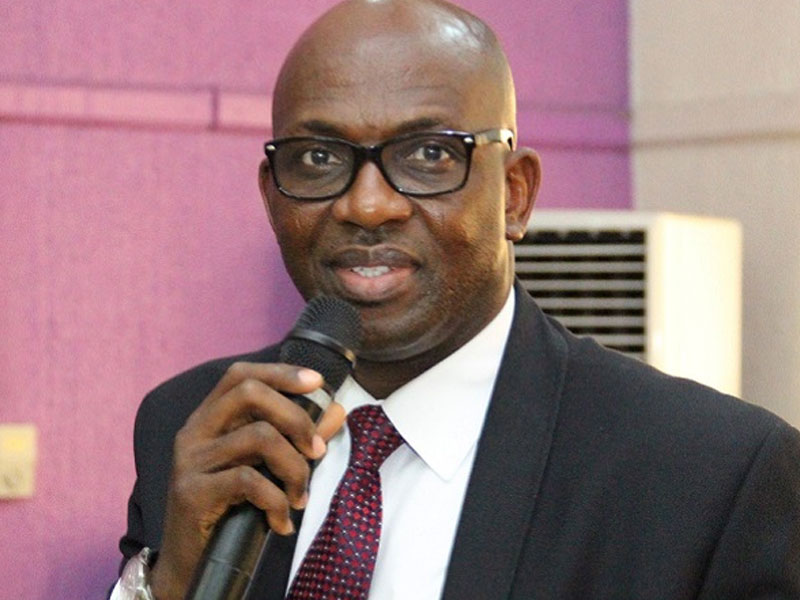NLNG Supplied 40 Percent of Domestic LPG Market – Attah
The Nigeria Liquefied Natural Gas (NLNG) Limited supplied about 370,000 metric tonnes (MT) about 40 percent of Liquefied Petroleum Gas (LPG) to the domestic market in 2020.
Mr Tony Attah, Managing Director, NLNG, made the disclosure during a panel session at the ongoing 2021 Nigeria International Petroleum Summit (NIPS) on Tuesday in Abuja.
The theme of the conference is “From Crisis to Opportunities: New Approach to the Future of Hydrocarbons.”
Attah said that NLNG was meeting about 40 percent of the demand for the domestic Liquefied Petroleum Gas (LPG) market with the supply of about 370,000 metric tonnes (MT) of Liquefied Petroleum Gas (LPG) to the domestic market in 2020.
This is as NLNG pointed out that the consumption of the domestic LPG market was over 1 million metric tonnes in 2020.
Attah said that the NLNG was also increasing its supply to the domestic market from 350,000MT annually to 450,000MT to meet the growing consumer demand.
Attah, in his speech, said that gas has a pivotal role to play in Nigeria’s socio-economic development as the world moves toward energy transition and renewables.
The NLNG boss explained that Nigeria needs to take full advantage of its resources for national development with 203TCF of proven gas reserves, adding that this was one of the mandates of the NLNG.
He revealed that Nigeria was now currently ranked 7th in the world in gas flaring compared to the 2nd that it was 15 years ago, noting that the country would continue to work toward reducing its carbon emissions.
Attah said, “Cleaner energy is a big deal to us at NLNG. More than 100,000 people die annually as a result of inhalation of exhaustive waste and they are mostly women and children. So, we want to support the government to bring cleaner energy to Nigerians.”
Speaking at the event, the Chief Executive, OVH Energy Marketing Ltd., Mr Huub Stokman, expressed optimism that the Petroleum Industry Bill would be passed soon by the National Assembly adding that an effective legislative framework was needed to attract investments to Nigeria’s oil and gas industry and create value across the value chain.
The Director, Department of Petroleum Resources (DPR), Mr Sarki Auwalu, called for more collaboration among stakeholders in the industry. He said competitiveness, security, reliability and sanctity of contracts were key to making Nigeria attractive for investors.



